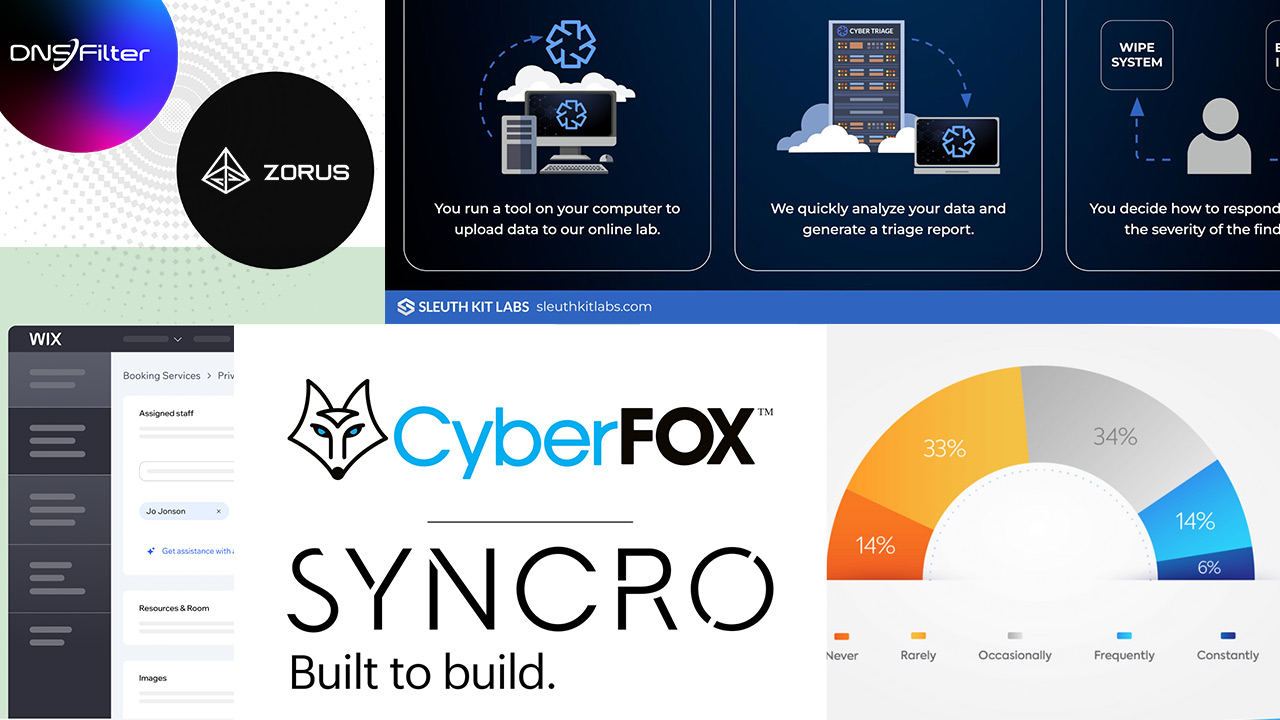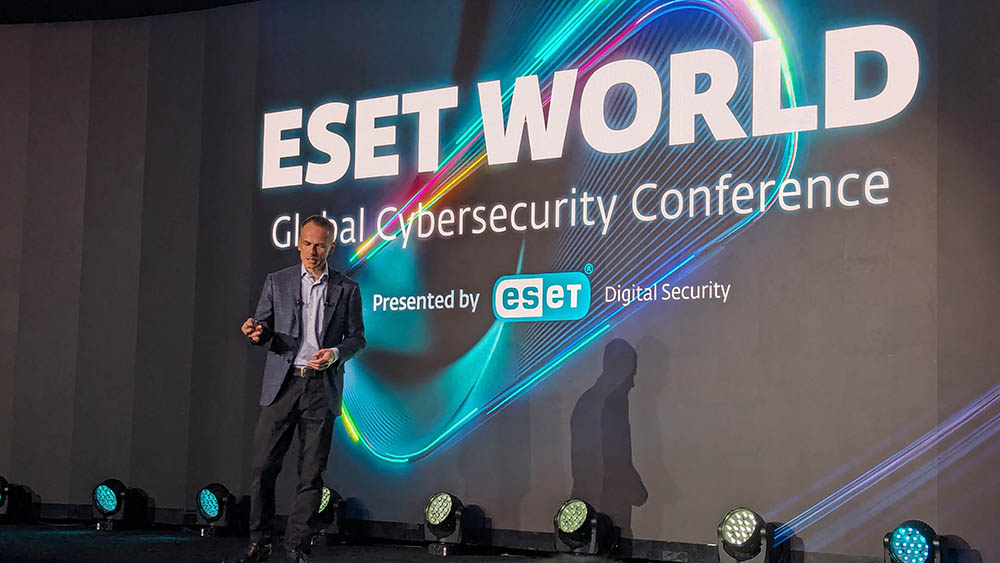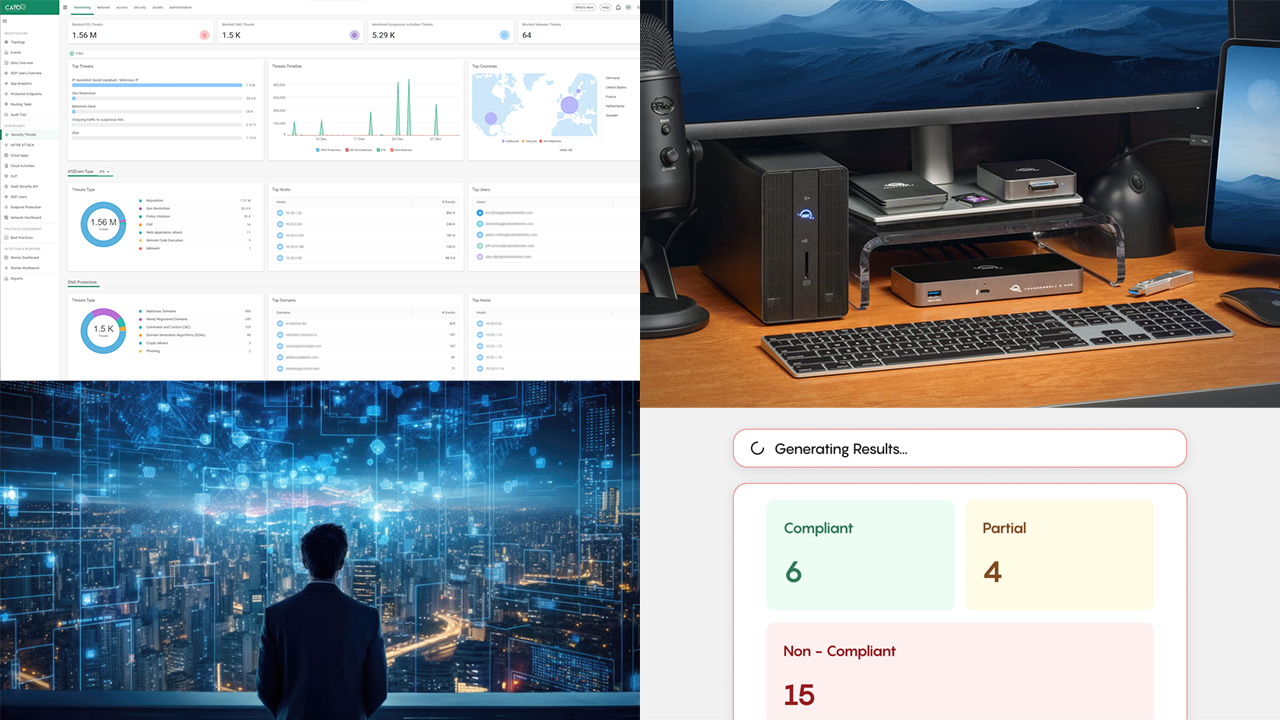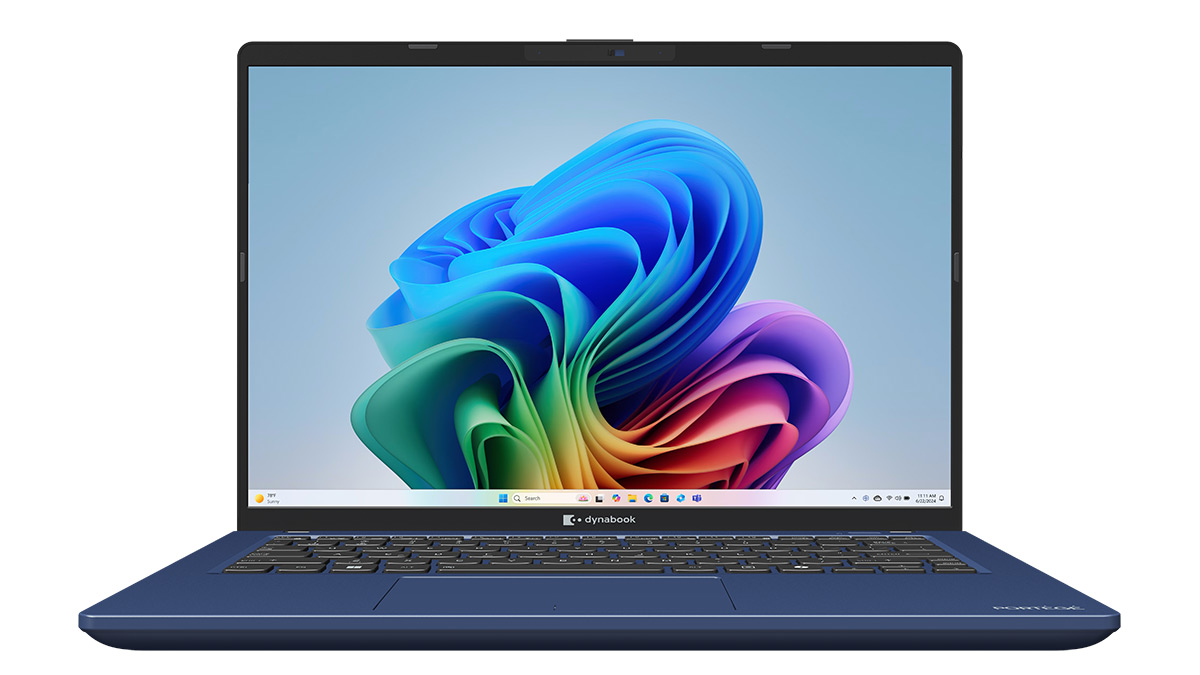Corporate-owned, single-use (COSU) devices, also known as dedicated devices, are computers in disguise. Beneath the seemingly simple workflow lies a powerful machine. However, the nature of these devices limits their functionality to just the job at hand, thus making cyberdefense easier.
For instance, digital billboards can actually consist of smart TVs locked in kiosk mode. Similarly, ATMs, digital point-of-sale (POS) systems, and self-service payment screens have fully functional PCs underneath. But COSU mode limits their use to a single, main objective.
Applying single-use limitations to a device increases its operational efficiency. This mode ensures CPU power and storage memory focus on the core task instead of being diverted to side processes.
What’s more, the single-purpose setup allows devices to perform their jobs unimpeded. It also secures both the data stored within and the device itself from tampering attempts by unauthorized users. In a way, placing devices in a state of COSU helps them avoid damage caused by common cyberattacks.
COSU devices can be employee-facing (such as POS systems and navigation screens) or customer-facing (ATMs, digital signage). Either way, they remain restricted to any other use aside from their intended purpose. So, while a school touchscreen device might have a browser installed, users won’t be able to launch it.
In many cases, however, fully functional smartphones, tablets, or PCs can become COSU devices by simply activating kiosk mode. For instance, administrators can lock down a regular PC so it performs only specific functions like inventory management.
The Role of Single-Use Devices in Endpoint Protection
More importantly, COSU mode absolutely blocks end users from using devices for other purposes. Workers can’t use company-issued tablets for games, social apps, or surfing the internet. Similarly, they won’t be able to insert unauthorized flash drives to copy files or install applications on the computers.
Smart devices selected for COSU functions typically come with an operating system (usually Android or Android TV) installed and running. Prior to deployment to endpoint users, admins must apply some changes to make each device a completely COSU unit. This includes deactivating the Play Store to prevent the download and installation of unauthorized apps.
At the same time, admins will need to define which applications users can launch and which settings will be default. This way, users won’t be able to tweak settings or install or delete apps on a whim. These actions often provide the vulnerabilities that malicious groups exploit when hacking into business networks.
By shutting off any avenue to create exploits, COSU devices provide the frontline security needed by businesses to prevent cyber issues from happening.
Simplifying Device Management: Enhanced Security with COSU Solutions
Using the right COSU device management system, managed service providers (MSPs) can prevent unauthorized access to every device in their customers’ businesses. Aside from controlling COSU mode, assigning user levels based on their roles can help restrict access.
Admins can assign basic-level access to endpoint users, who only need to launch the app, operate the software, and log out. Any problems encountered during use should be forwarded to the admin, who has access to system settings and device maintenance but not to work documents or files.
Meanwhile, C-suite executives and managers can look into the user data each COSU device collects. Using this information, they can apply analytics and generate insights to learn more.
Enabling Secure Work Environments: COSU and Data Protection
COSU devices often end up deployed to locations outside of corporate headquarters. In some cases, devices are assigned to mobile workers such as sales representatives, delivery teams, auditors, and inspectors. This puts devices at risk when connected to compromised public WiFi networks instead of secure corporate closed systems.
The right device management software can also perform security services to help keep COSU devices protected. When a device reports attempts of unauthorized access, admins can remotely shut down, freeze, or disable individual devices to prevent further attempts.
In addition, geolocation services can help identify missing or stolen devices. Finally, when admins deem device retrieval or recovery next to impossible, they can remotely wipe all the device’s contents to prevent data theft.
Single-Use Devices Keep Networks Secure
Using COSU devices for critical tasks allows users to perform their tasks with minimal distractions from unnecessary apps and features. COSU also means all system resources go toward running the mission-critical apps assigned to the user. The result is a streamlined, efficient, and secure use of corporate devices.
Meanwhile, the right device management platform ensures all COSU devices run the latest software and firmware versions. This can help prevent outsiders from exploring documented vulnerabilities and performing cyberattacks. In case of outright attacks, MSPs can also deploy remote security measures by disabling COSU devices, wiping their data, or geolocating missing units.
For best results, COSU devices and device management software should go hand in hand. Managing, maintaining, and securing COSU devices is the most efficient way to ensure units remain protected while performing the assigned work.
The choice of device manager is a critical decision for MSPs. After all, an entire fleet of COSU devices is a significant investment for end customers. Getting maximum ROI depends on how well they perform their jobs.
NADAV AVNI is CMO for Radix, a provider of end-to-end device management solutions.













